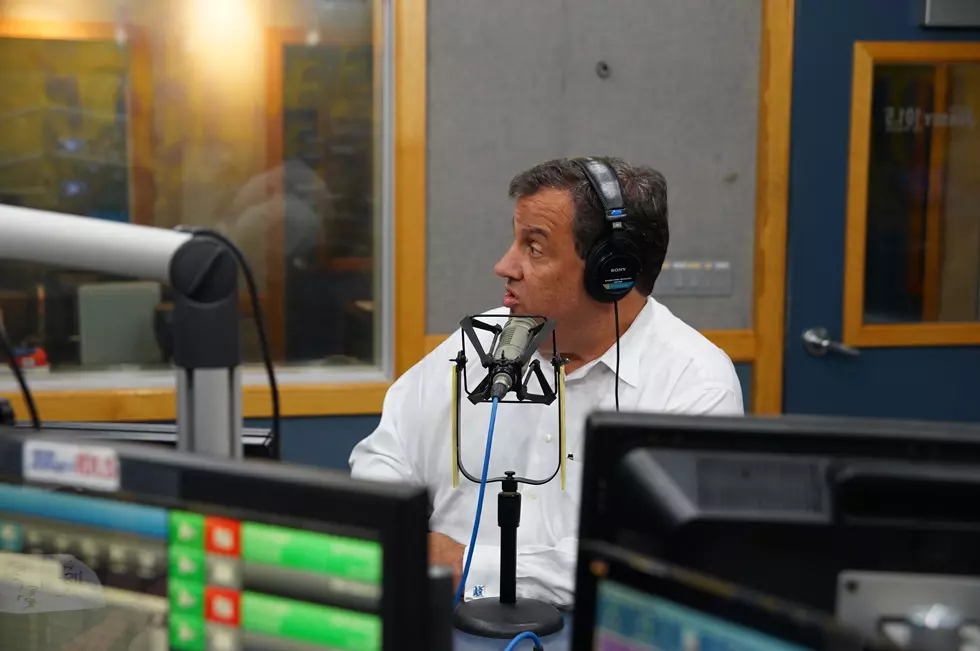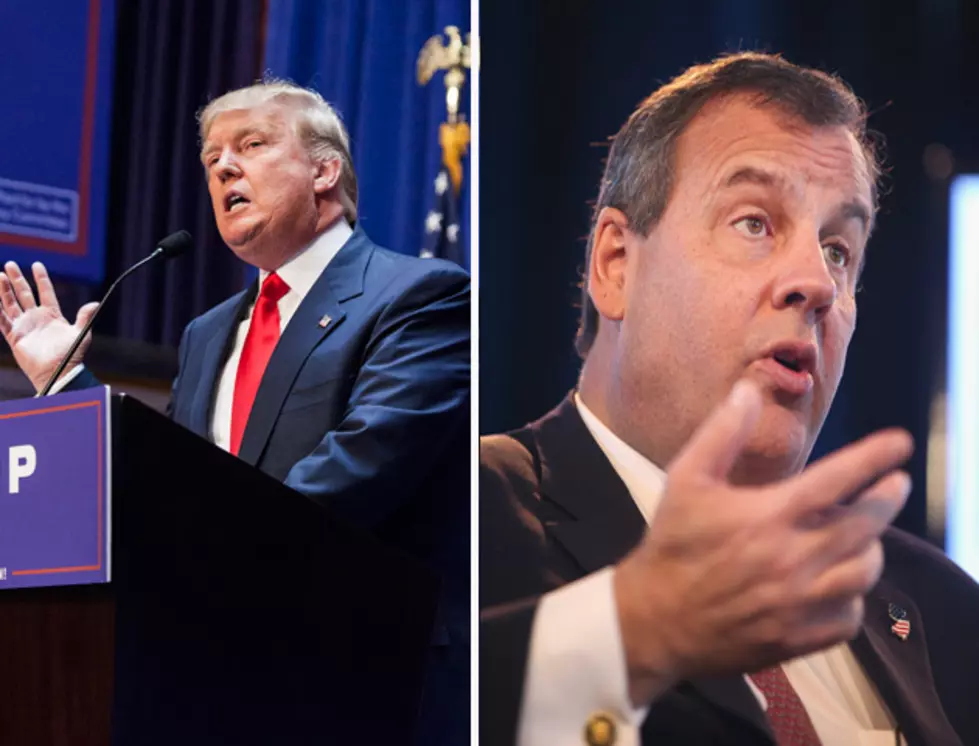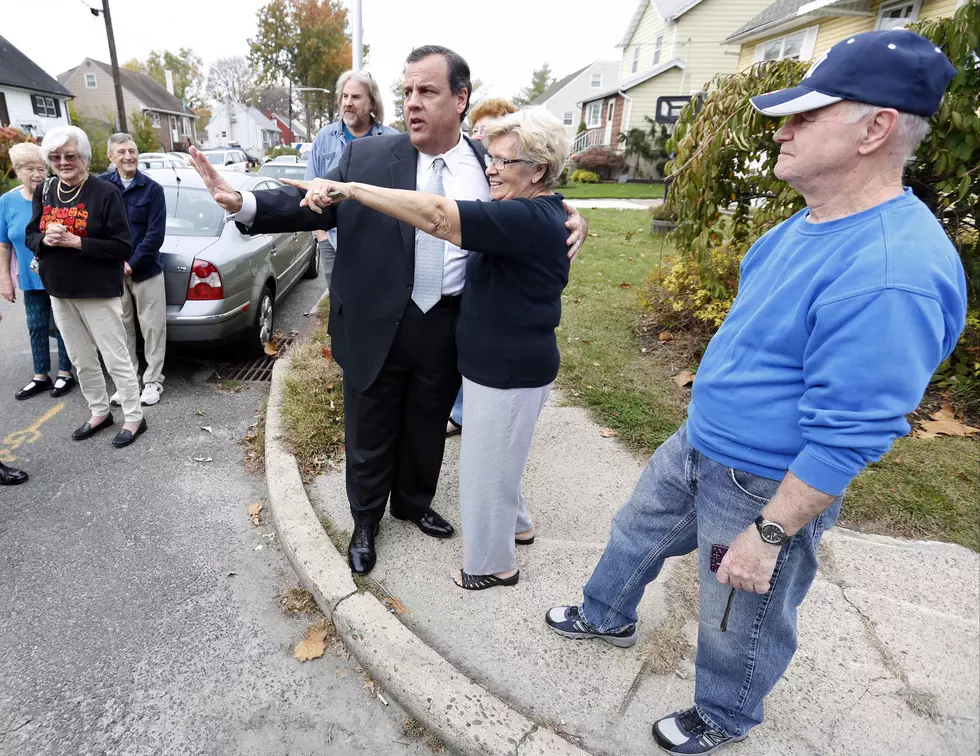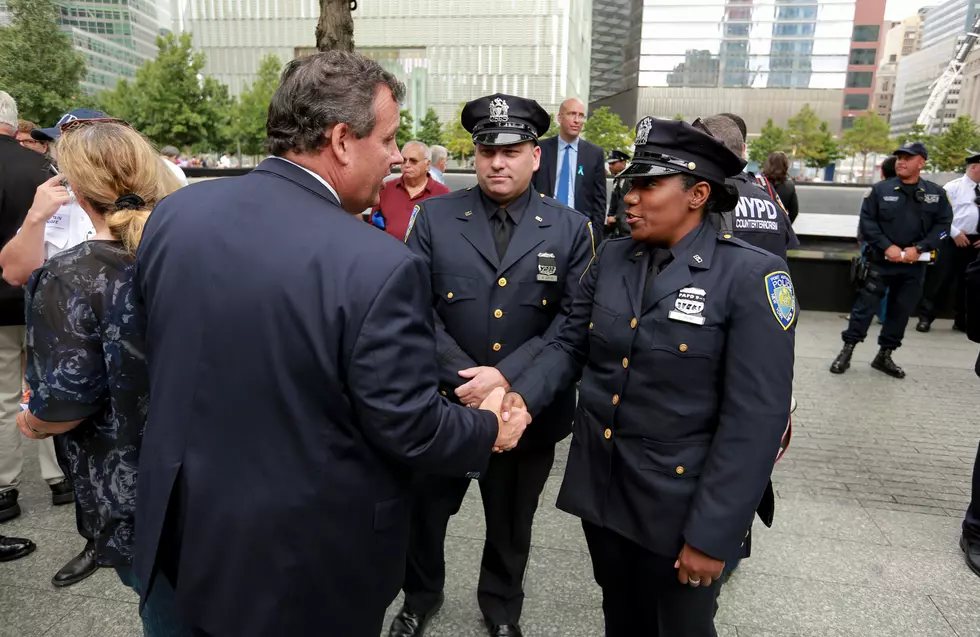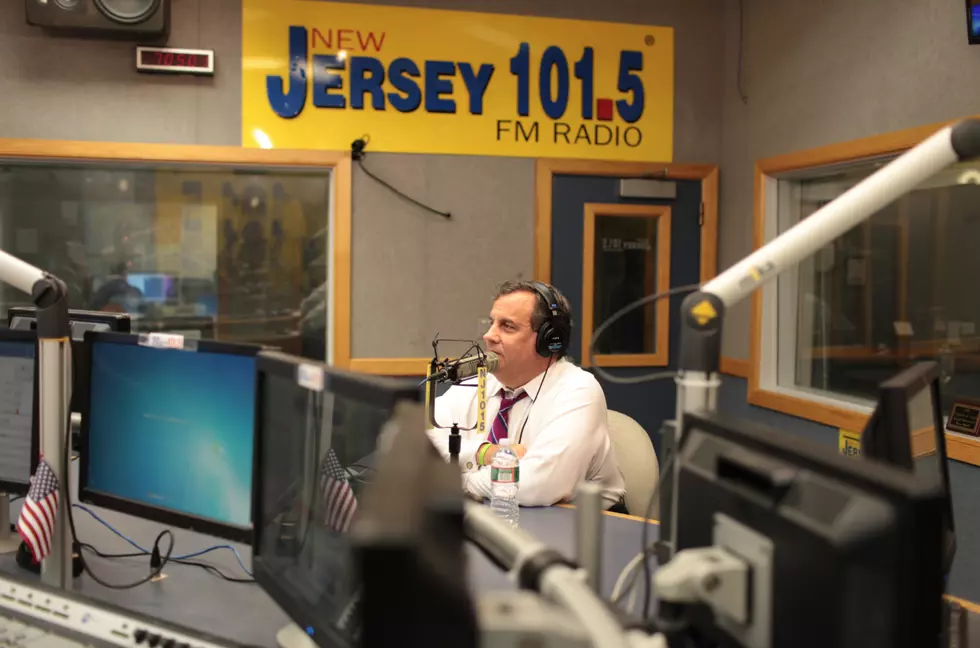
Weekend debate over Ebola quarantine creates confusion in NJ, NY
NEW YORK (AP) -- State leaders in New York and New Jersey are at odds with scientists over Ebola as the states' governors back 21-day quarantines for medical workers returning from West Africa, while the nation's top infectious-disease expert warns that such restrictions are unnecessary and could discourage volunteers from aiding disease-ravaged countries.
The two governors late Sunday night emphasized separately that their policies permit home confinement for medical workers who have had contact with Ebola patients if the workers show no symptoms. They will receive twice-daily monitoring from health officials.
The emphasis on home confinement was at odds with the widely criticized treatment of a nurse returning from Sierrra Leone who was forcibly quarantined is a New Jersey hospital isolation unit even though she said had no symptoms and tested negative for Ebola.
In a statement released late Sunday night, Kevin Roberts, a spokesman for Gov. Chris Christie's office, said New Jersey had no intention of changing it's quarantine protocol, despite criticism. However, Monday morning, New Jersey health officials said nurse Kaci Hickox had been symptom-free for 24 hours and would be released and taken by private carrier to Maine.
Hickox had said in a telephone interview with CNN that her isolation at a hospital was "inhumane," adding: "We have to be very careful about letting politicians make health decisions."
Dr. Anthony Fauci, director of the National Institute of Allergy and Infectious Diseases said Sunday: "The best way to protect us is to stop the epidemic in Africa, and we need those health care workers, so we do not want to put them in a position where it makes it very, very uncomfortable for them to even volunteer to go."
Late Friday, New York Gov. Andrew Cuomo and Christie said federal health guidelines were inadequate and announced a mandatory quarantine program for medical workers and other arriving airline passengers who had contact with Ebola victims in West Africa, either in their homes or in medical facilities. Illinois soon followed suit. Twenty-one days is the incubation period for Ebola.
The Obama administration considers the policy in New York and New Jersey "not grounded in science" and conveyed its concerns to Christie and Cuomo, a senior administration official told The Associated Press earlier Sunday. The official wasn't authorized to comment by name and insisted on anonymity.
Fauci said active and direct monitoring can accomplish the same thing as a quarantine because people infected with Ebola do not become contagious until they start showing symptoms. Ebola is transmitted through direct contact with the bodily fluids of an infected person.
The New York and New Jersey quarantine decisions came after Dr. Craig Spencer, a Doctors Without Borders physician who treated patients in Guinea, was diagnosed with Ebola last Thursday. The doctor, who is now in isolation at New York's Bellevue Hospital, had been on the subway, went bowling and to a park and restaurant before showing symptoms
Gov. Christie said he concluded the quarantine was necessary to protect public health in his state and that he thinks the Centers for Disease Control and Prevention "eventually will come around to our point of view on this."
Christie said Fauci was counting on "a voluntary system with folks who may or may not comply."
The governor pointed to an NBC News crew that had returned from West Africa was supposed to self-quarantine because its cameraman was hospitalized with Ebola. "Two days later they were out picking up takeout food in Princeton and walking around the streets of Princeton," he said. The cameraman has recovered and has been released from the hospital.
Fauci said Spencer did exactly what he should have done by putting himself in isolation as soon as he developed a fever. "No one came into contact with his body fluids," Fauci said. "The risk is essentially zero, vanishingly small."
Fauci said the health care workers returning from treating Ebola patients are responsible and know that if they have symptoms there's the possibility of transmitting the disease. "They don't want to get anyone else infected," he said.
As for the unintended consequences, he said, "If we don't have our people volunteering to go over there, then you're going to have other countries that are not going to do it and then the epidemic will continue to roar," he said.
Samantha Power, the U.S. ambassador to the United Nations who is on a trip to West Africa to highlight the need for increased international support to combat Ebola, spoke of a need to ensure that returning U.S. health care workers "are treated like conquering heroes and not stigmatized for the tremendous work that they have done."
Fauci appeared on "Fox News Sunday," ABC's "This Week, NBC's "Meet the Press," CBS' "Face the Nation" and CNN's "State of the Union." Christie was interviewed on Fox and Power spoke to NBC.
In other developments, President Barack Obama met Sunday with his Ebola response team, including "Ebola czar" Ron Klain and other public health and national security officials. In a statement released by the White House, Obama said any measures concerning returning health care workers "should be crafted so as not to unnecessarily discourage those workers from serving."
The World Health Organization said more than 10,000 people have been infected with Ebola in the outbreak that came to light last March, and nearly half of them have died, mostly in Guinea, Sierra Leone and Liberia.
© 2014 The Associated Press. All rights reserved. This material may not be published, broadcast, rewritten or redistributed. Learn more about our Privacy Policy and Terms of Use.
Townsquare Media's Toniann Antonelli contributed to this report.
Watch Gov. Chris Christie's segment on FOX News Sunday.
More From New Jersey 101.5 FM
